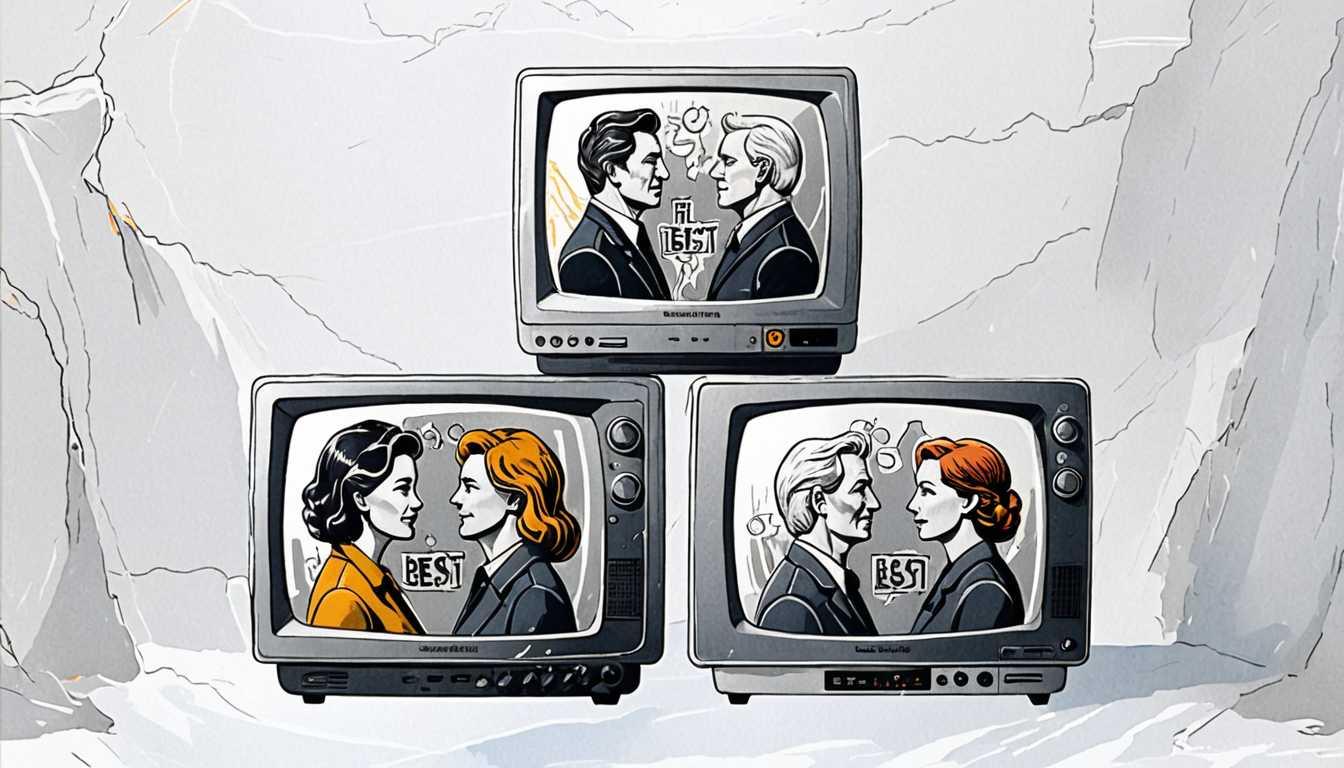Stereotypes Unraveled: A New Perspective
February 2023
Phys Org
Introduction
Ever wondered how we see others through the lens of our own identity? Dive into this eye-opening piece from Phys Org, where McGill University researchers uncover the curious case of racial-gender stereotypes. Using slick computer mouse tracking, they reveal that those often stereotyped, like Black women and Asian men, are less likely to stereotype others. It's a fascinating journey into how our brains link race and gender, and it might just change how you view the world around you. Ready to challenge your perceptions?
READ FULL ARTICLEWhy It Matters
Discover how this topic shapes your world and future
Unraveling the Tapestry of Identity
Imagine walking into a room and feeling like everyone has already decided who you are before you've even spoken. This scenario is more common than you might think and has profound implications for how we see ourselves and others. The study from McGill University sheds light on a fascinating phenomenon: those often judged based on their race and gender are less likely to stereotype others. This insight opens up a world of understanding about the complex interplay of identity and perception. It's not just about who we are on the outside but how our experiences shape the way we view the world. This topic is not only intriguing because it reveals something fundamental about human nature, but it also has the power to inspire change on a global scale. By exploring how our identities impact our judgments, you're diving into the heart of what it means to be human, uncovering the biases that shape our world, and perhaps, finding ways to transcend them.
Speak like a Scholar
Intersectionality
The idea that people experience discrimination differently based on the intersection of their various identities, such as race, gender, class, and more.
Bias
A tendency to lean in a certain direction, often to the detriment of an open mind. In this context, it refers to a prejudiced view against certain groups.
Stereotype
A fixed, oversimplified image or idea of a particular type of person or thing. It's like reducing someone's whole story to a single, often inaccurate, sentence.
Implicit association
This refers to the attitudes or stereotypes that affect our understanding, actions, and decisions in an unconscious manner.
Social identity
How we define ourselves in relation to groups, including but not limited to, race, gender, nationality, religion, and occupation.
Cognitive dissonance
The mental discomfort experienced by a person who holds two or more contradictory beliefs, ideas, or values at the same time.
Independent Research Ideas
Exploring the role of media in shaping race-gender stereotypes
Investigate how television, movies, and social media contribute to the formation of stereotypes and how this influences societal perceptions and individual self-identity.
The impact of educational systems on implicit bias development
Examine how different educational systems around the world either contribute to or help mitigate the development of implicit biases in young people.
Intersectionality and career opportunities
Research how the intersection of race and gender affects career advancement opportunities in various industries, focusing on barriers and enablers.
Psychological effects of stereotyping on adolescents
Analyze the psychological impact of being stereotyped on adolescents, including aspects of self-esteem, academic performance, and social relationships.
Cultural differences in gender-race stereotypes
Compare and contrast how race-gender stereotypes manifest in different cultures and societies, and explore the historical and social factors that contribute to these differences.
Related Articles

Mimicry: The Secret Language of Expressions
December 2024
Cornell News Highlights

Comfort Foods: Beyond the Cravings
January 2023
BBC

Beyond Now: Embracing Future You
June 2023
BBC

Why Be Good? Unraveling Morality's Motives
May 2023
Washington University in St. Louis

Learning Prejudice: The Hidden Influence of Observation
August 2024
Harvard Gazette